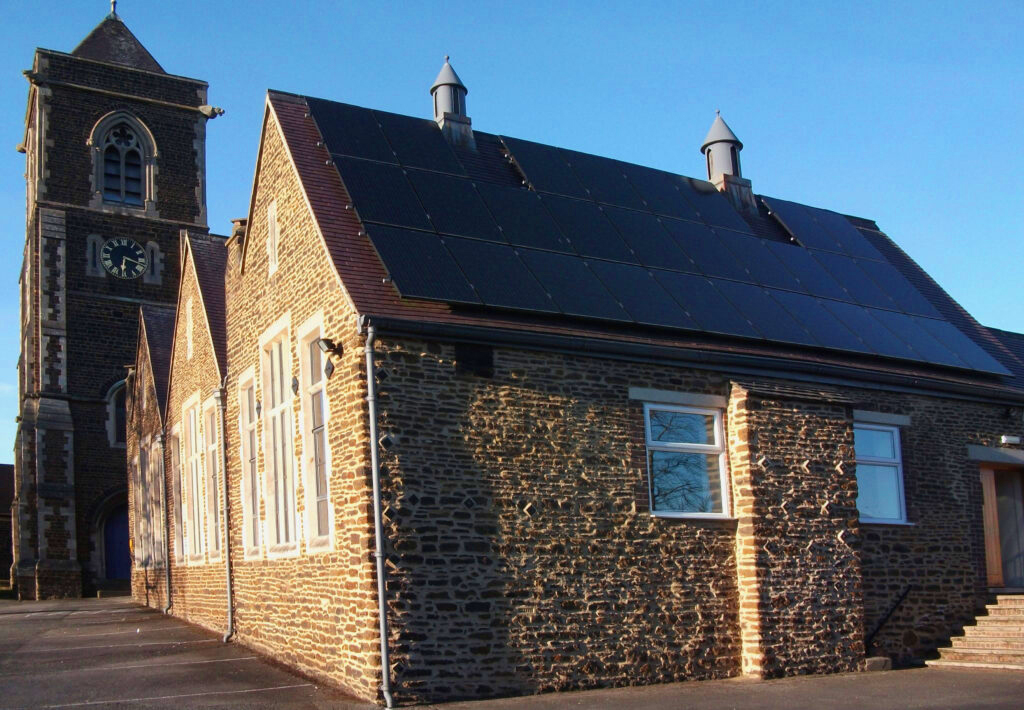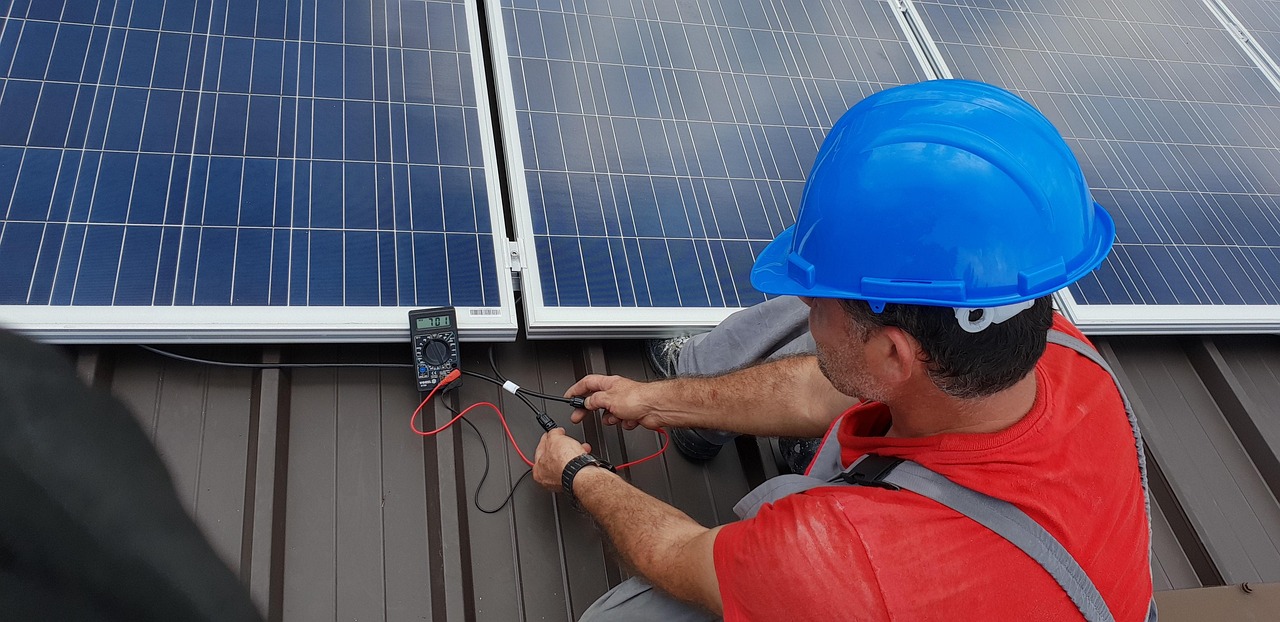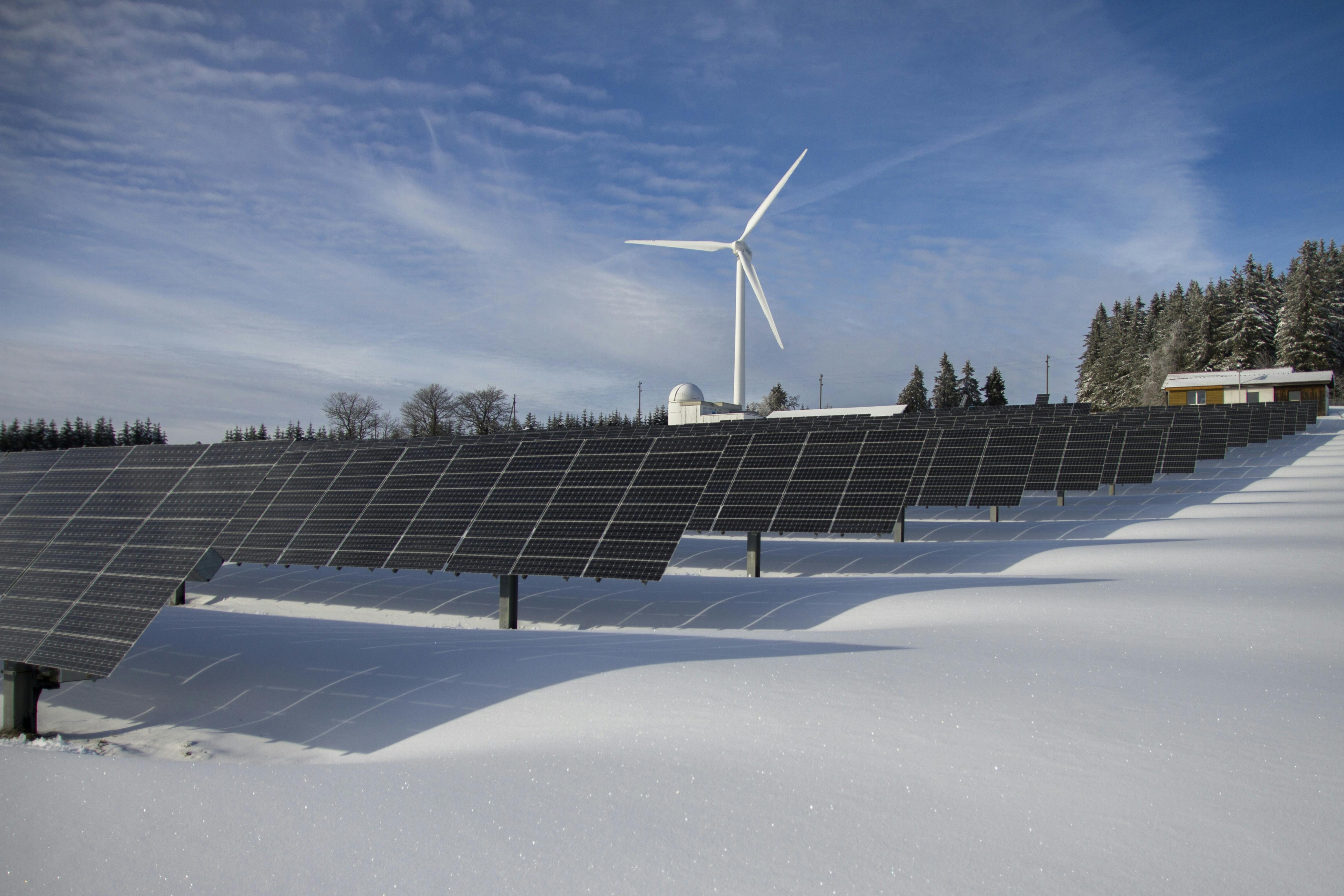Are Solar Panels Worth It? Get a 2026 Personalised Estimate
Are Solar Panels Worth It For You? Use Our Calculator To See What Your Costs, Savings & Output Would Be

Many UK homeowners wonder, "Are solar panels worth it?" especially given the UK's unpredictable weather. This 2026 guide dives into the costs, benefits, and efficiency of solar panels specifically for UK conditions.
But ultimately the answer is going to be a resounding yes, the real question at heart is whether solar panels are worth it for you? To help you answer that question, we’ve built a handy UK solar panel calculator that provides you with cold hard figures on potential costs, savings, and energy output - all tailored to your home and location to ensure that solar panels are a smart investment for you.
Key Takeaways:
Is It Worth Installing Solar Panels?
Solar panels are 100% worth it, just as long as your roof is suitable for solar panels. To give you a brief idea of how much you could expect to save, the average solar UK household has a 4kW system comprising 12 solar panels. This system would cost around £6,500 with no battery and would save you an estimated £700-£900 a year. This would make your payback period only 8-10 years!
Still not convinced? Let’s take a look at an example, if your home installed solar panels in Norwich, you can look forward to substantial reductions in your energy bills. The exact amount varies, but on average, houses save £1,295.
Averages are a great way to quickly judge whether solar panels are a good investment but 96% accurate estimations specific to your property are much better. If that sounds of interest, use our UK solar panel calculator which does the leg work for you. Here’s what it calculates for you:
- Annual Solar Energy Output
- Potential Savings on Your Energy Bills
- The Exact Number of Panels Needed
- The Total Cost of Installation
With these insights, you’ll be better equipped to decide if it’s worth installing solar panels. Keep reading to become well-versed in everything solar panels—costs, available grants, smart meter compatibility, and more. But first, let’s explore the benefits they bring.

The Benefits of Installing Solar Panels
We’re strong advocates of solar panels, and for good reason—they offer numerous advantages that set them apart not just from traditional grid energy but also from other green energy solutions:
1. Cost Savings - The average solar-powered home in the UK saves between £700 and £900 annually, factoring in earnings from the Smart Export Guarantee (SEG).
2. Increased Property Value - Installing solar panels can boost your home's resale value, with common increases ranging from 9% to 14%.
3. Reduced Carbon Emissions - By switching to solar, the average UK household can cut around 900 kg of CO2 emissions each year.
4. Energy Independence - Solar panels reduce your reliance on utility companies, shielding you from sudden spikes in electricity costs.
5. Long-Term Solution - Solar energy systems remain efficient and effective for 25 to 30 years, providing a sustainable energy solution for the long haul.
How Much Do Solar Panels Cost In the UK?
Solar system costs vary as they come in all sorts of sizes, each suited to different energy needs. The size, measured in kilowatts (kW), not only impacts how much you'll pay for installation but also how much electricity you'll get out of it.
Here's a quick breakdown of what you might expect to spend and save, depending on the size of your solar panel system. Keep in mind, these prices don't include the cost of a battery - adding one will increase the overall expense slightly. If you're considering a battery, be sure to check out our guide on solar panel batteries for all the details.
Got a small space?
A 3kW system could be just right. It'll set you back about £6,000 - £7,000 and comes with 8 to 10 panels. You could save around £600-£800 each year on your bills.
Need a bit more power?
A 4kW system might hit the spot. This one's priced between £6,500 - £8,000 and includes 12 to 15 panels, offering annual savings in the ballpark of £700 - £900.
Going all out?
The 6kW system, with its 17 to 20 panels, costs between £8,000 - £9,000. And the best part? You might save between £900 - £1,100 every year!
Just remember, these figures are just estimates. The final cost can change a bit depending on the panel types, where you live, and how complex the installation is.
To get a more accurate estimation tailored just for you, give our solar panel calculator a try. It'll crunch the numbers and tell you how much solar panels could cost for your specific setup.
Could you get a grant for solar panel
While national government grants for solar panels are no longer available in the UK due to the significant drop in panel prices, there’s still good news - VAT on solar panel installations is only 5%! Additionally, you might find local grants at the council level, so it’s worth contacting your local council to explore any available options.
You can also earn money by exporting excess energy back to the grid through the Smart Export Guarantee (SEG) scheme. When you book a free consultation with one of our Green Homes Gurus, they’ll guide you through the eligibility criteria and answer any questions you might have.
How long does it take for solar panels to pay for themselves?
One of the key questions when considering solar panels is their payback period. On average, our customers see their solar panels pay for themselves in about 8 to 15 years, with some even breaking even in as little as 4 years! If you’re questioning whether solar panels are worth it in the UK, these are the figures to keep in mind. And with electricity prices continuing to rise, the payback period is likely to shorten even further.
For a personalised estimate of your return on investment (ROI), try our data-driven calculator. It provides a detailed breakdown of your potential savings and costs over a ten-year period, giving you a clear picture of how long it would take to break even.

How Long Do Solar Panels Last?
Since there aren't many moving parts, there isn’t much that can go wrong with solar panels! However, like most electronic goods, the system is guaranteed to function for a minimum amount of time. A 25-year performance guarantee is common, which means that you will be compensated if your solar panels do not perform at 85% or more of their original output in the first 25 years.
For more warranty information, read our guide on the upkeep and maintenance of solar panels. If you’re interested to learn more about the efficiency of solar panels and what impacts performance we’ve got an article on that too!
Impact of Solar Panels on Your Carbon Footprint
Switching to solar panels makes a big difference in reducing your carbon footprint. By using this renewable energy source, you're cutting down reliance on fossil fuels, thereby decreasing CO2 emissions. In the UK, a typical home solar panel system can save about 900 kg of CO2 annually, equivalent to planting a small forest!
Curious about your specific impact? Our tool offers a 96% accurate estimate of the annual carbon savings from your solar panels, making it easy to see your contribution to a greener planet.
Do Smart Metres work with solar panels?
Yes! If you want to sell money back to the grid you’ll need a Smart Meter to get paid through the Smart Export Guarantee (SEG) scheme. The reason for this is that it’s able to measure the exact amount of energy that you’re exporting to the grid.

Other Factors to Consider
Do you have a well-insulated house?
When considering if solar panels are worth it for your UK home, it’s crucial to assess your home’s insulation. Investing in solar panels is less effective if your home isn’t well insulated, as heat loss can undermine the benefits.
Luckily, our free, impartial tool can help you evaluate the costs and savings associated with improving both wall and window insulation. Even if your home has insulation issues, it doesn’t mean you can’t benefit from solar panels.
To check your home’s insulation, place your hand on the exterior walls or floors. If they feel cold, it may indicate insulation problems. Other signs of poor insulation include damp or moisture on walls, drafts, and fluctuating temperatures. If your home quickly loses heat and you find yourself spending more on heating, it’s a sign that better insulation could be needed.
Are solar panels worth it if you have an EV?
Using solar energy to fuel an electric vehicle sounds like a no-brainer. The energy produced by solar panels can indeed help charge an EV. In theory, your EV could even act as a battery for your system!
On the downside, pulling back electricity from the vehicle to use in the house has an impact on the degradation of the EV’s battery and it’s not yet clear whether it offsets the benefit from the improved solar. In our view, solar panels are great to fuel your EV, but probably won't be something you can pull from to power your home.
Our Green Homes Gurus are happy to discuss this in greater detail! You’ll be presented with the option to book a (free!) call when using our platform.
Your Electricity Usage
When thinking about investing in solar panels, one crucial factor to consider is your electricity usage. It's not just about how much energy you use now, but also how your needs might change over time. Life events like buying an electric vehicle, switching from gas to electric heating, or expanding your family can all increase your energy requirements. This will in turn affect how worthwhile the investment could be.
But here's the good news: you can actually "play around" with these variables to see how future changes might affect the cost-effectiveness of solar panels. By tweaking the model to reflect potential increases or decreases in your energy usage, you can get a more accurate picture of what to expect in terms of pricing and savings.
Knowing exactly how much energy you currently use is the first step in getting a better estimate of potential costs and savings. Here's a simple way to gauge your electricity usage:
1. Find the wattage usage for your appliance
Firstly, look at the information in our helpful table below or at the wattage labels on the appliances you commonly use. For example, a dishwasher is likely to have a wattage between 1,200-2,400W (watts).
Let’s say we want to know how much it costs to run the dishwasher every month if you use it for 2 hours every day.
Below, we’ve included a helpful list showing the wattage levels of the most common household appliances. The exact number will depend on the appliance’s model and energy efficiency.
- Tumble dryer - 1,800 – 5,000W
- Electric oven - 2,000 - 2,200W
- Electric shower - 7,500 - 10,000W
- Hair dryer - 2,200W
- TV - 125 - 450W
- Kettle - 2,200 - 3,000W
2. Calculate Daily Usage
Multiply the appliance’s wattage by the number of hours you use it per day. For example, if you use a 1,200-watt dishwasher for 2 hours, that's 2,400 watt hours per day.
3. Convert to Kilowatt-Hours (kWh)
Electricity usage is billed in kWh. To convert watt-hours to kWh, divide by 1,000. In our example, that would be 2.4 kWh per day.
4. Monthly Usage
Multiply the daily kWh by the number of days in a month to get your monthly usage. Continuing with our example, 2.4 kWh daily for 30 days equals 72 kWh per month.
5. Calculate Monthly Cost
Finally, multiply the monthly kWh by your electricity rate (found on your utility bill) to see how much you’re spending each month.
Knowing exactly how much you use would allow you to receive a highly accurate estimate of the solar system size that is required, the cost and your potential savings.
Final Thoughts: Is It Worth Installing Solar Panels?
In most cases, solar panels are an excellent investment. They can cut your carbon emissions by approximately 900 kg per year and significantly reduce your energy bills. However, various factors, such as your current electricity usage and any lifestyle changes, can impact the overall benefit.
To get a tailored estimate of costs and savings based on your specific situation, try our solar calculator today. For further details on solar panels and other green home solutions, be sure to explore our additional green guides.
Recommended Guides:
- Do solar panels need to be in direct sunlight?
- Can you put solar panels on a flat roof?
- Best direction/angle for solar panels in the UK
Ready to see what you can save?
Our solar calculator is 100% free to use. Enter your postcode below to get started.

Based on 400+ Trustpilot reviews






